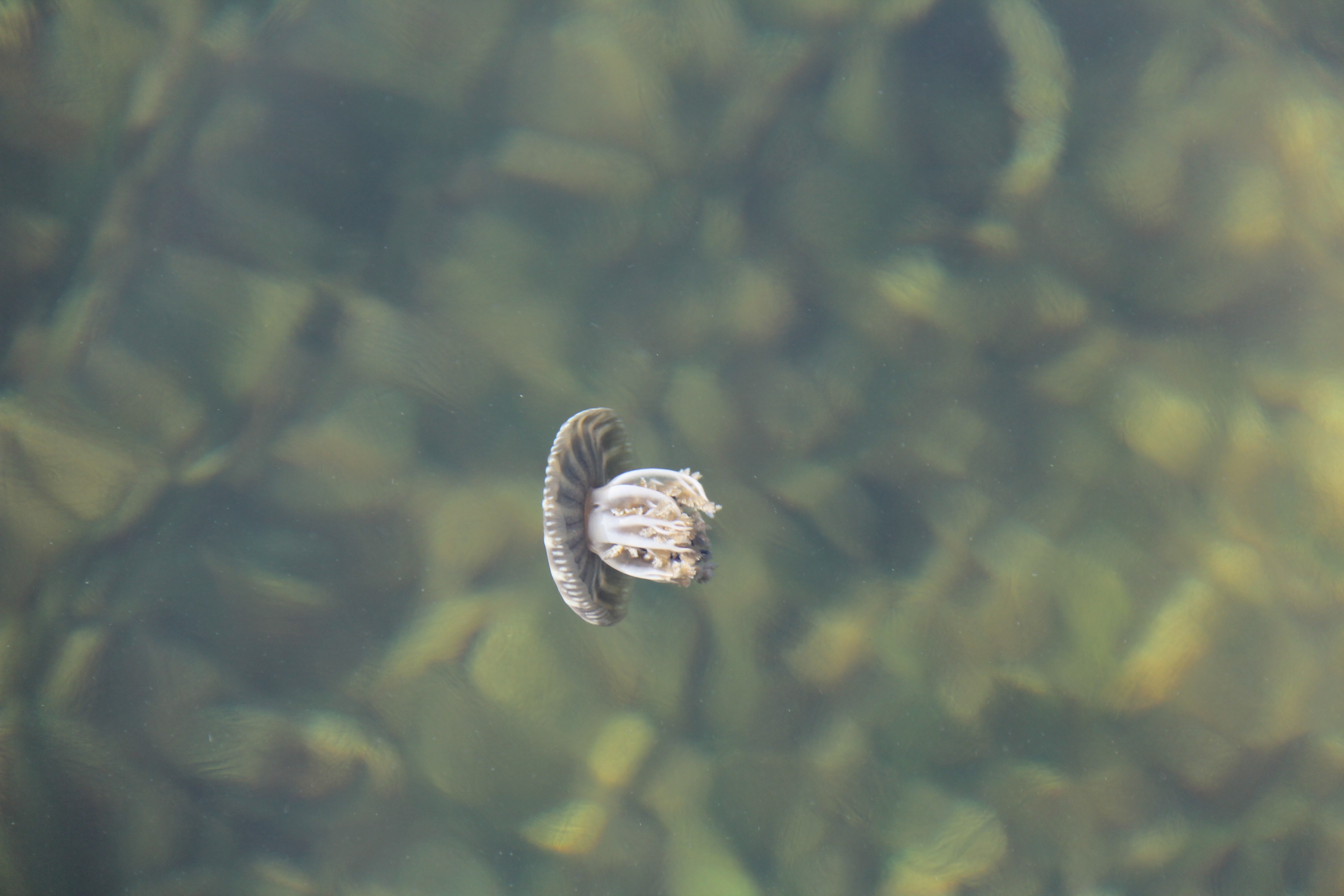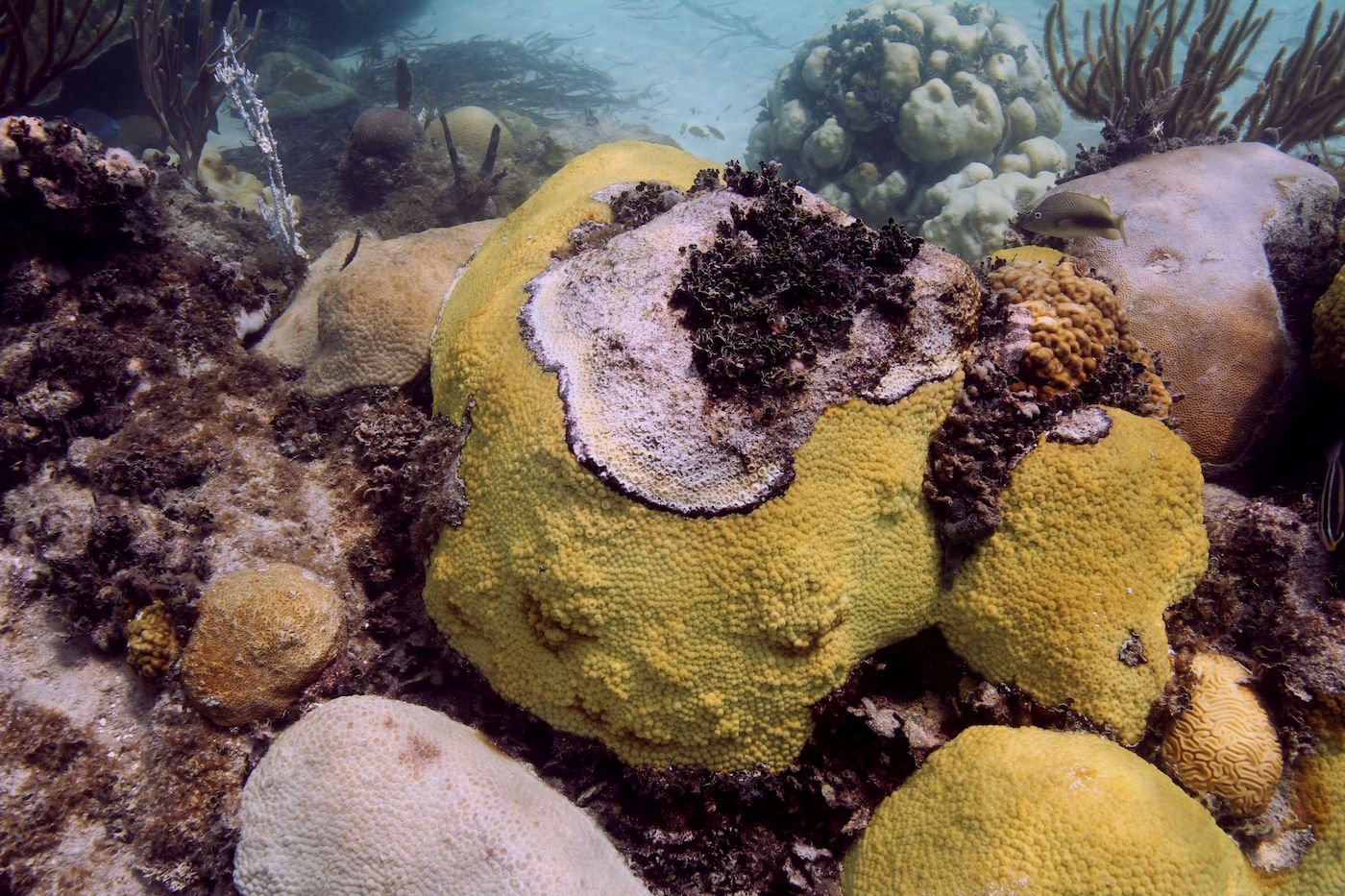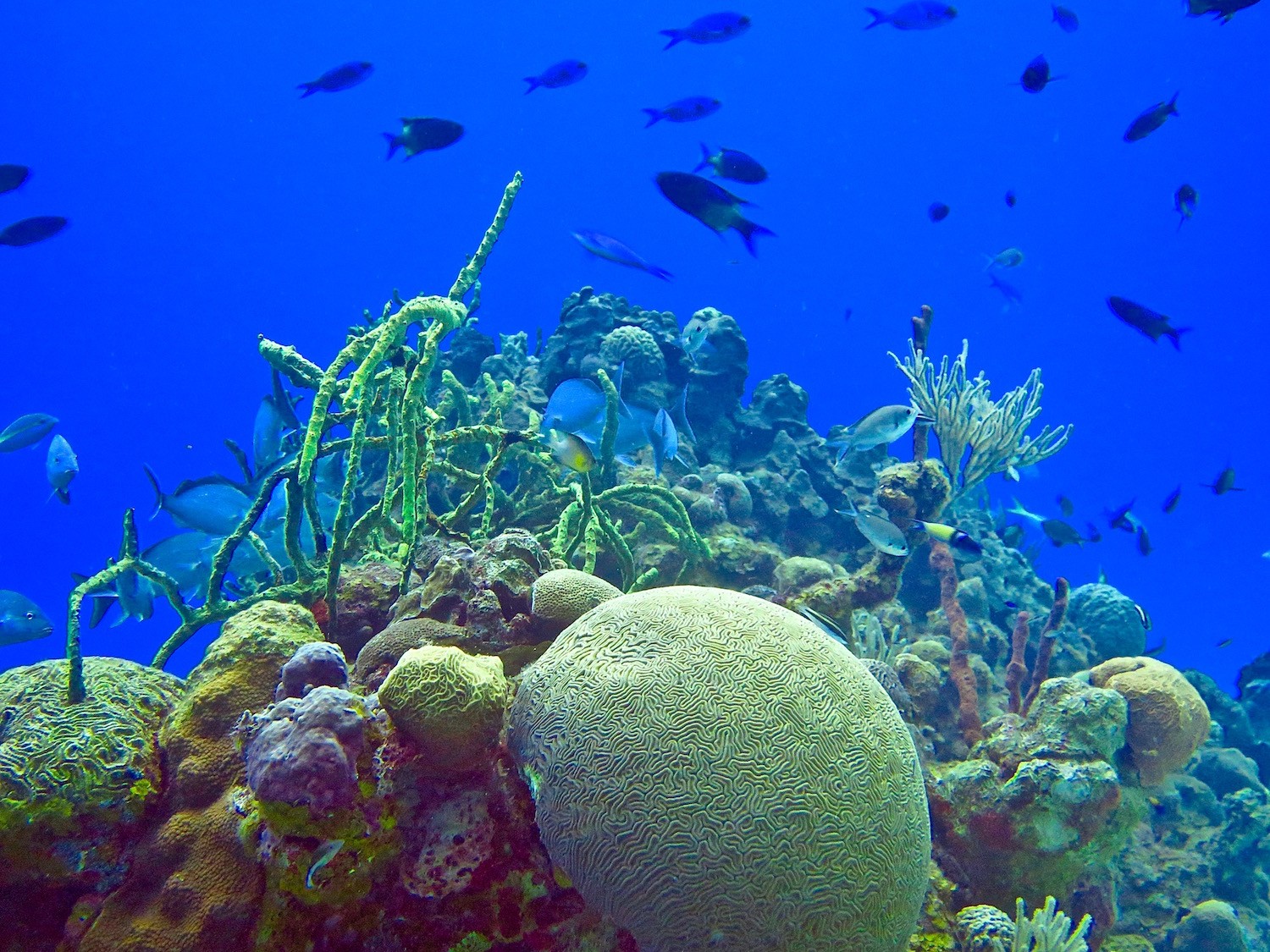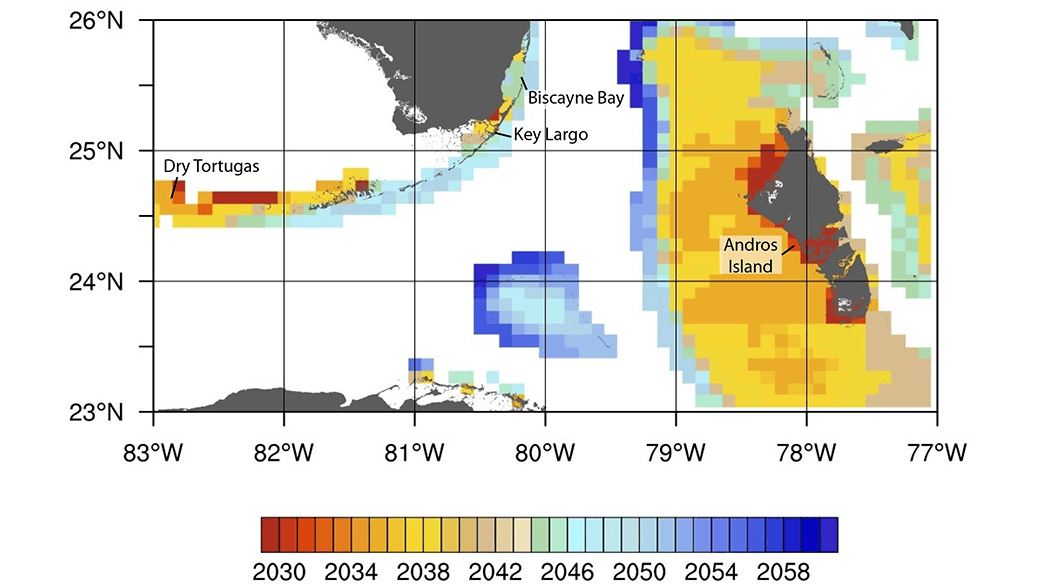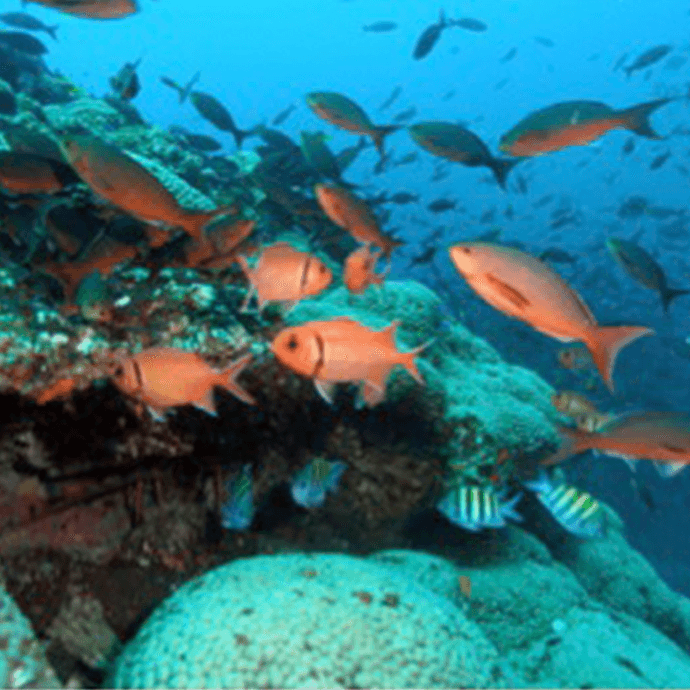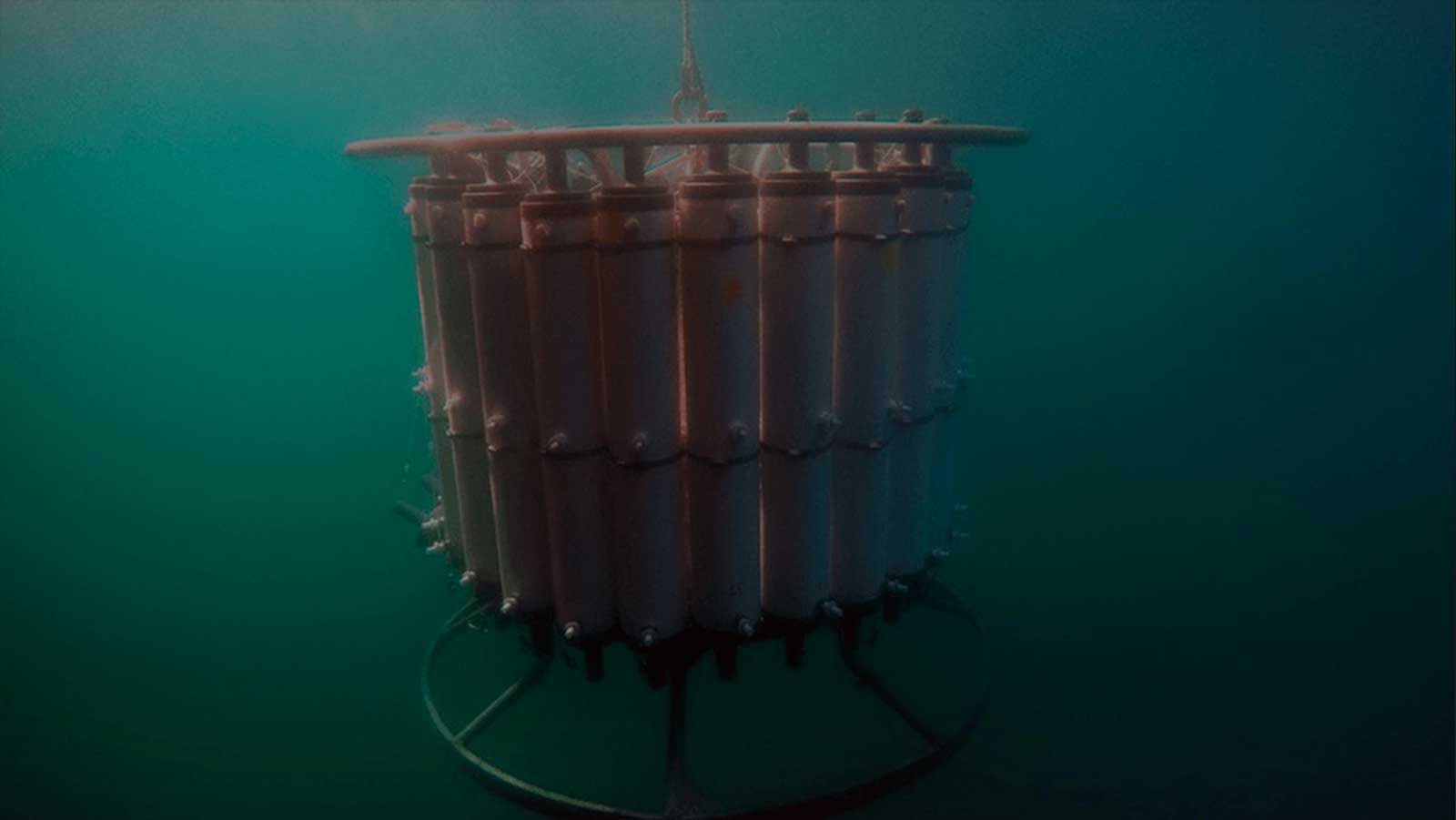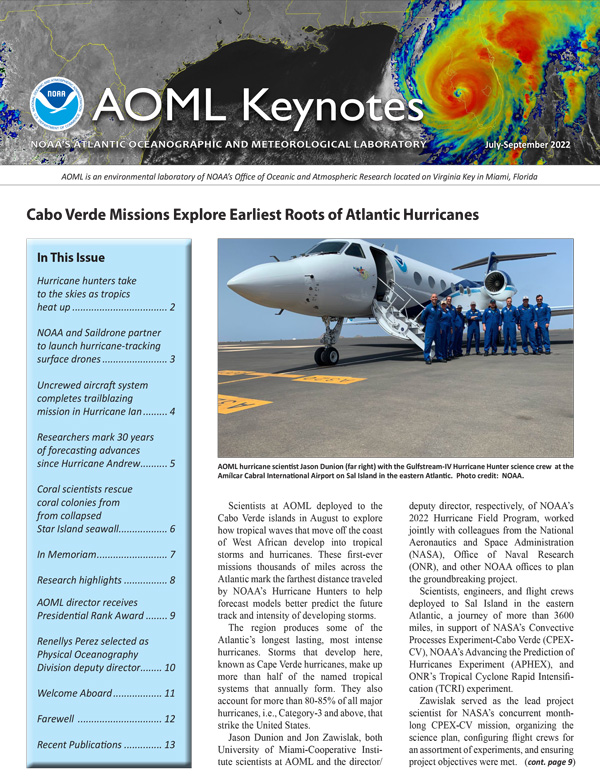The Marine and Estuarine Goal Setting for South Florida (MARES) project, led by NOAA’s Cooperative Institute for Marine and Atmospheric Studies at the University of Miami, continues to increase awareness of and appreciation for the value of coastal marine ecosystems, and their impacts upon human society. From 2009 through 2013, NOAA’s National Centers for Coastal Ocean Science funded MARES with the goal of creating a consensus-based process for managing South Florida’s coastal marine environments. MARES is unique in that it was among the first major efforts to include human benefits in a systematic framework to enable integrated ecosystem based management. The MARES approach embodies NOAA’s effort to serve as the Nation’s environmental intelligence agency by providing actionable information from science-based models to support environmentally-sensitive decisions made every day by individuals, communities, and governments.
